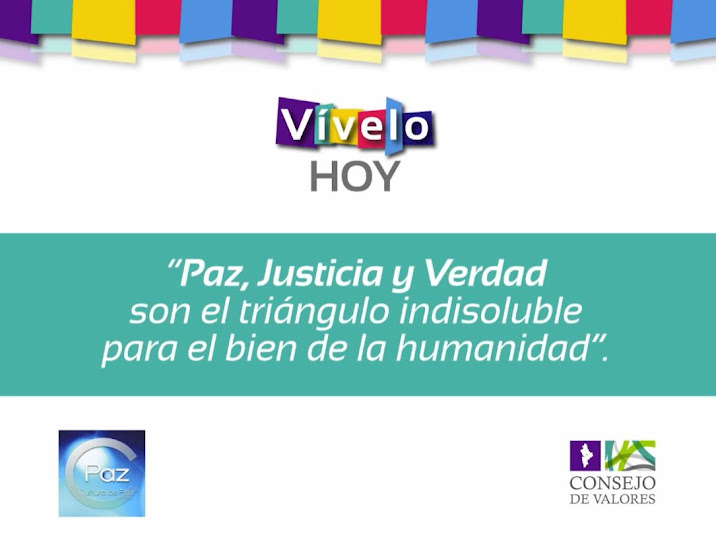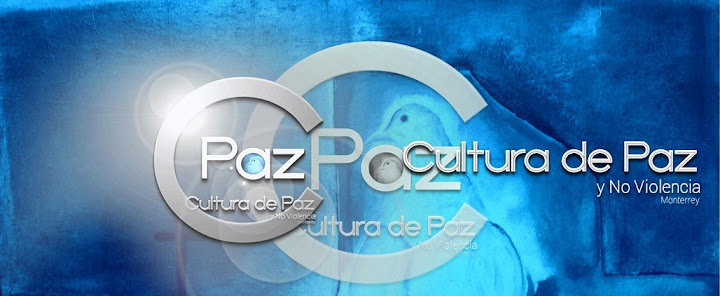Mexican government asks kids to turn in toy guns to
foster a culture of peace
In an effort to curb
the ever-growing number of children in Mexico joining organized crime groups, a
campaign in the violent northern state of Nuevo León is asking kids to hand
over their toy weapons in exchange for less violent alternatives, including
soccer balls and Legos.
The campaign,
launched by the Undersecretary of Citizen Participation and Prevention of the
State Public Security, was carried out in coordination with the federal
government and the San Nicolás municipality in a move meant to promote a
culture of peace among children and teenagers.
“These actions remove
the incentive for the use of violent games and promote family time in the
community,” Patricia Salazar Marroquin, a local official told The News.
This is not the first
time that a town in Mexico has carried a toy gun exchange. In 2011, Ciudad
Juárez asked children to hand in pretend pistols as part of the Children's
Festival for Peace.
Young people leaving
school and joining criminal organizations has become a challenge for both for
the government and Mexican society, which are gradually getting used to seeing
newspaper headlines announcing the capture or death of minors caught up in
these gangs.
"These youths
are generally born leaders with a high IQ," Consuelo Bañuelos, president
of the Promotion of Peace organization, which does community work in poor
neighborhoods and prisons in the northern state of Nuevo León, told Efe.
"Another point
is when they start taking drugs and then have no way to pay for their
addiction, so they begin to get involved with these gangs," Bañuelos said.
According to reports
by authorities in Ciudad Juárez, just across the border from El Paso, Texas,
underage killers-for-hire charge 500 pesos ($37) for a murder.
"The criminal
gangs have influence in the community because they have very showy vehicles and
often dress in a very showy way and have things the kids can't afford,"
Bañuelos said.
Statistics of this
phenomenon are scarce. One of the few organizations that dares to offer a
figure is the Children's Rights Network, which has documented some 30,000
minors involved in crime.
The figure dates back
to a study dated 2010, though the organization's executive director, Juan
Martín Pérez García, said it is "very conservative" and "has not
changed radically."
Pérez said that
organized crime finds in this group "a vulnerable, unprotected segment of
the population that is easy prey."
"Most of these
kids are used as lookouts, who in drug-trafficking language are known as
'hawks,'" while others, above all teenagers, "are employed to process
drugs," he said.
Another target of
these mafias are Central American child migrants crossing Mexico trying to
reach the United States, a situation the Inter-American Commission on Human
Rights describes in its report "Human Rights of Migrants and Other Persons
in the Context of Human Mobility in Mexico."
Fox News Latino.com. Estados Unidos. 28/11/14












